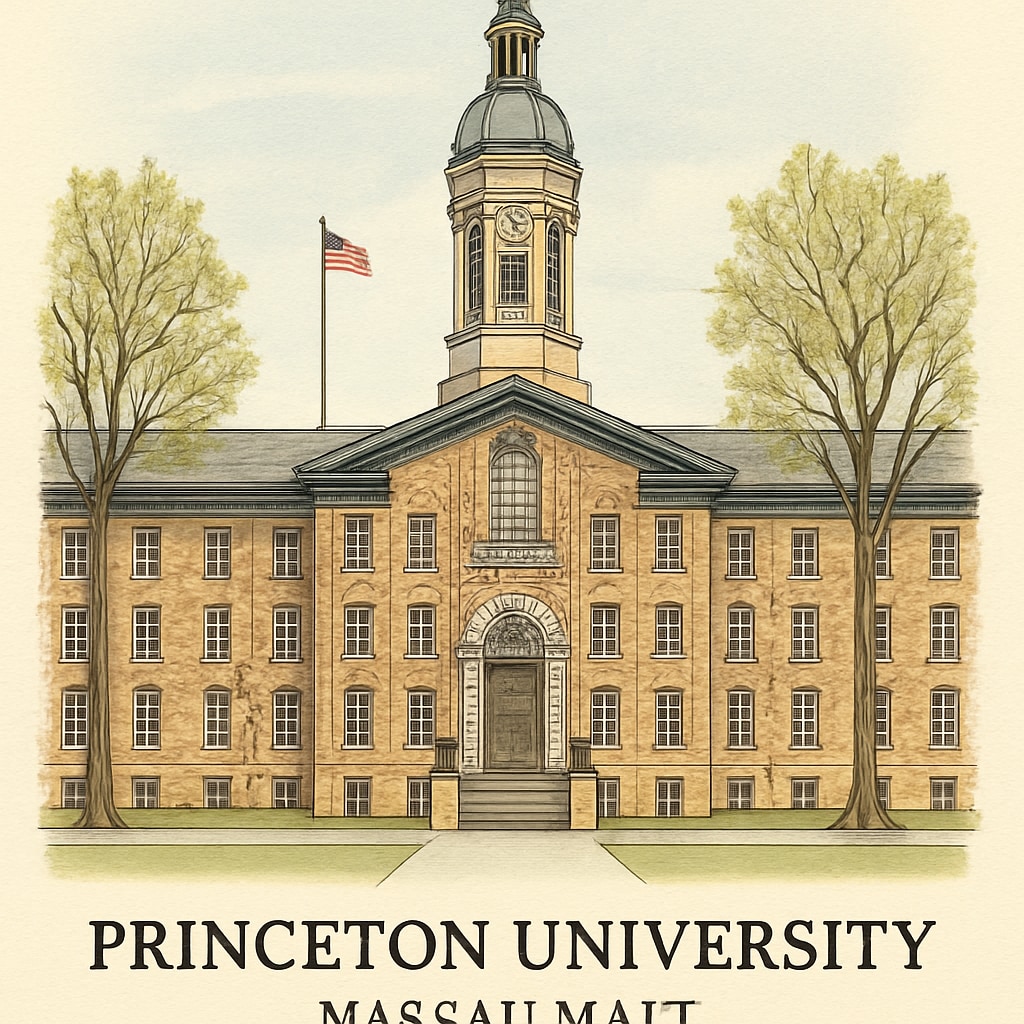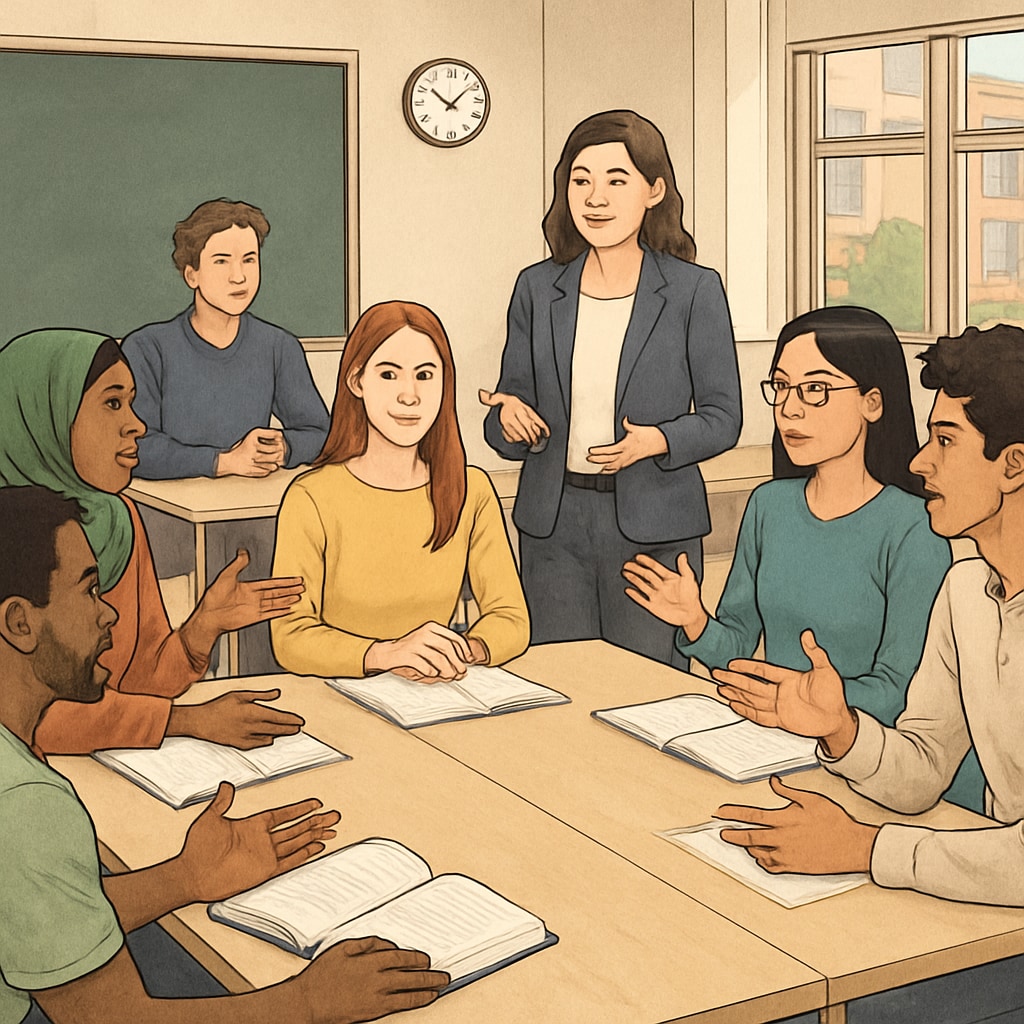Princeton and its fellow Ivy League schools have long been associated with prestige, success, and unparalleled quality of education. However, the question remains: are these institutions truly as invaluable as society perceives them to be, or are we guilty of overvaluing their contributions to the modern education system? In this article, we will explore whether the “Ivy League halo” is justified, with a particular focus on Princeton University, and why it’s time to rethink the blind devotion that dominates the higher education narrative.
Behind the Prestige: What Makes an Ivy League School?
The Ivy League, comprising eight elite institutions in the United States, has historically represented the pinnacle of academic excellence. Princeton, in particular, is often viewed as a beacon of intellectual rigor and social prestige. But what exactly gives these schools their elevated status? In addition to offering access to extensive resources, they boast strong alumni networks and high post-graduation employment rates. However, these advantages are not unique to Ivy League institutions. Many other universities—both public and private—offer similar opportunities at a fraction of the cost.
Moreover, the Ivy League’s exclusivity has perpetuated an air of mystique. Acceptance rates at these schools hover in the single digits, fueling the perception that they are nearly unattainable and therefore inherently valuable. But does exclusivity equate to quality? A closer look suggests that it may not. For instance, admissions policies often favor legacy applicants, athletes, and donors, which raises questions about how meritocratic these institutions truly are.

The Cost of Overvaluation: Are Ivy League Degrees Worth It?
One of the significant criticisms of Ivy League schools, including Princeton, is the cost associated with attending. Tuition, fees, and living expenses at these institutions can amount to over $80,000 per year. While financial aid is available, the burden on middle-class families remains substantial. This expense compels us to ask: are graduates from Ivy League schools gaining outcomes that justify this cost?
Studies have revealed that the salary gap between Ivy League alumni and graduates from other universities narrows significantly after the first decade of employment. This suggests that the “Ivy advantage” may be more about the early-career opportunities provided by the school’s network than about the education itself. Furthermore, a recent Britannica analysis shows that graduates from top public universities often achieve similar levels of career success without the exorbitant price tag.
Additionally, the overemphasis on Ivy League credentials perpetuates a skewed value system in education. It reinforces the idea that only degrees from prestigious schools are worthwhile, which can discourage students from pursuing equally valuable opportunities at other institutions.

Rethinking Education: What Truly Matters?
If we strip away the “Ivy League halo,” what should we prioritize in education? For K-12 educators and parents, the focus should shift from prestige to fit and purpose. Not every student thrives in the hyper-competitive environment of an Ivy League school, and many may find greater success in institutions that align with their personal and professional goals.
Here are several factors to consider when evaluating the value of a university:
- Academic Programs: Does the school offer strong programs in the student’s area of interest?
- Cost: Is the tuition manageable, and are there sufficient financial aid options?
- Culture: Does the campus environment support the student’s well-being and growth?
- Outcomes: What are the employment and graduate school placement rates for alumni?
As a result, reevaluating the overvaluation of Princeton and other Ivy League schools is not about downplaying their achievements. Instead, it is about broadening the conversation to include the diverse array of institutions that can provide excellent education and life-long benefits.
Conclusion: The Future of the Ivy League Myth
The overvaluation of Ivy League schools like Princeton has persisted for decades, but it is time for a more nuanced discussion about their place in the modern educational landscape. While these institutions undoubtedly offer exceptional resources and opportunities, they are not the only path to success. By recognizing the strengths of other universities and focusing on meaningful educational outcomes, we can create a more inclusive and balanced approach to higher education.
In the end, the real value of an education lies not in the name of the institution but in the skills, experiences, and relationships cultivated along the way. It’s time to let go of the myths and focus on what truly matters.
Readability guidance: This article employs short paragraphs, systematic lists, and a logical flow to ensure clarity. Transition words such as “however,” “in addition,” and “as a result” have been used throughout to enhance readability and coherence.


